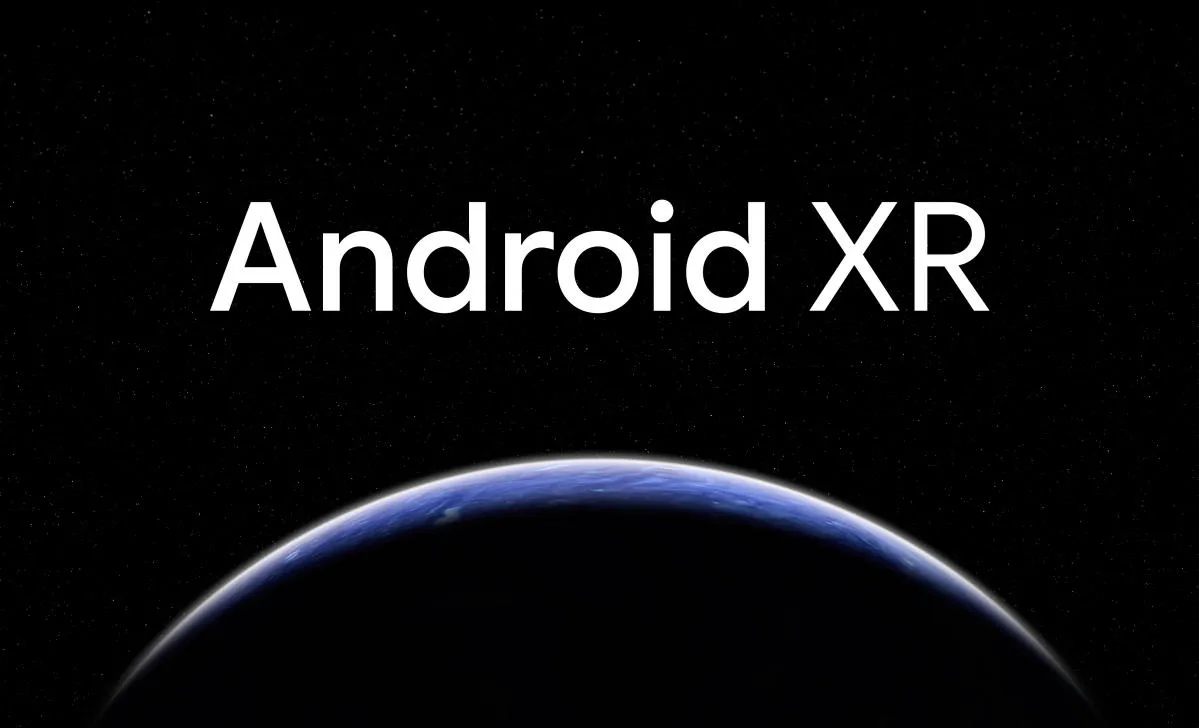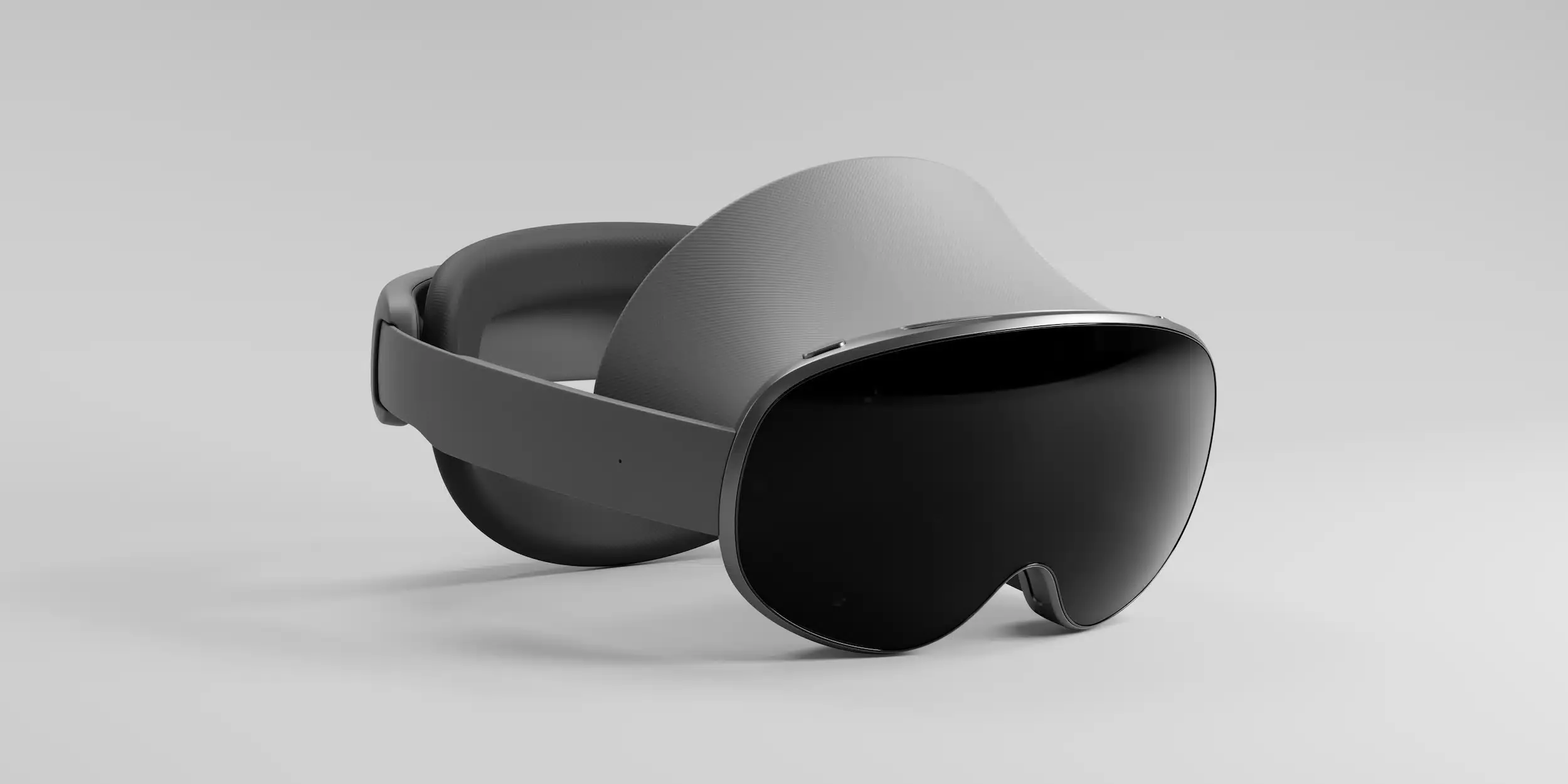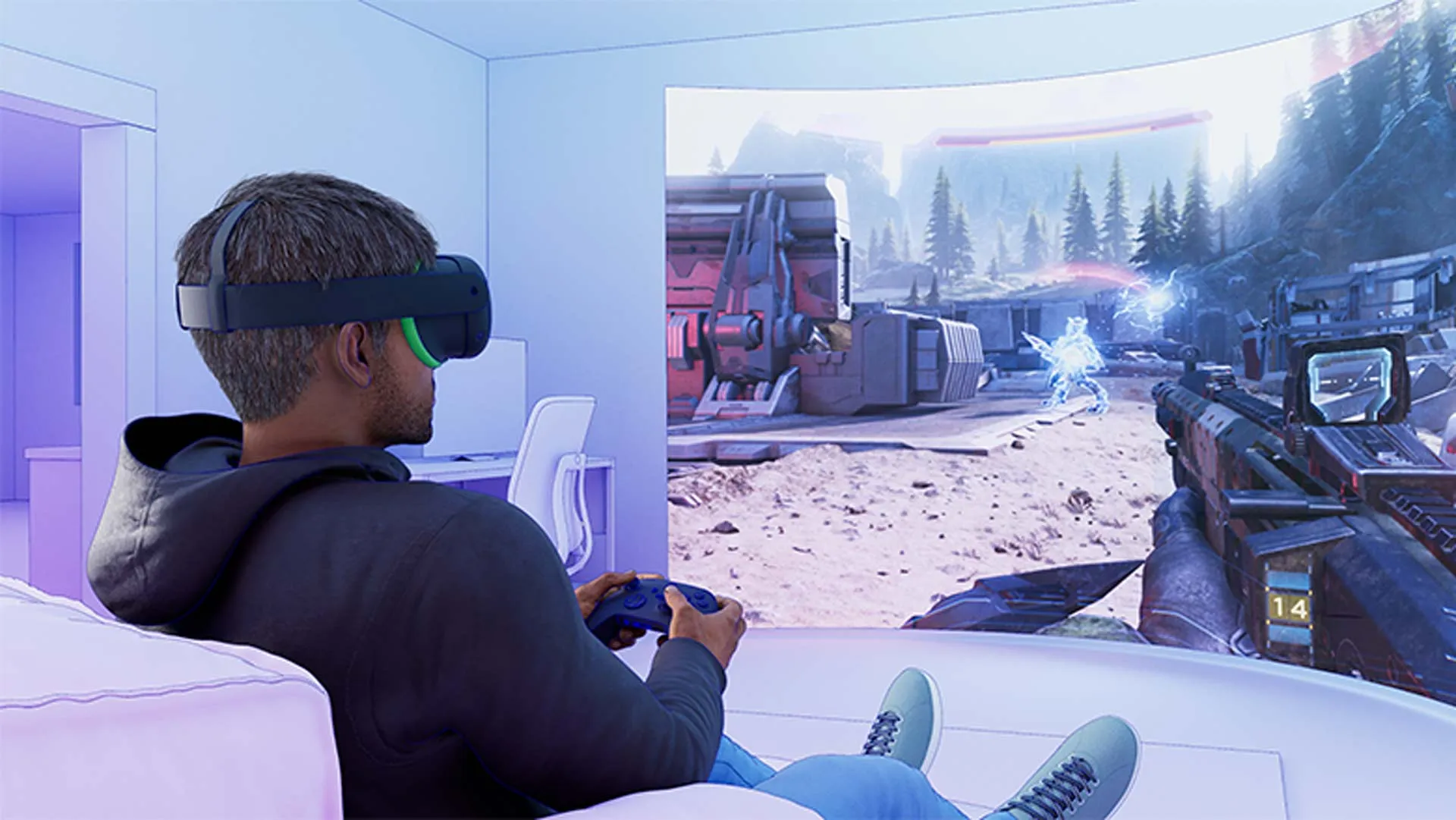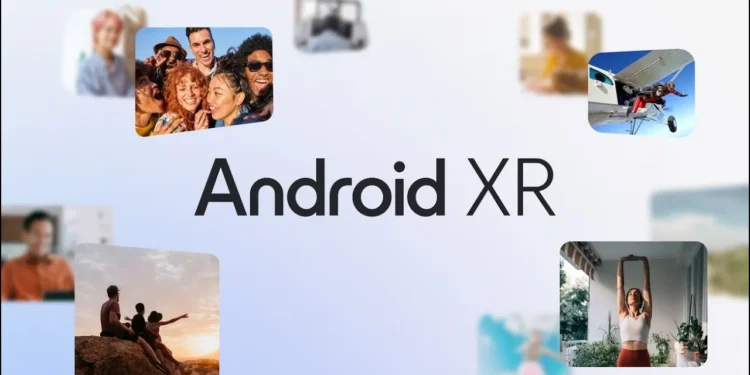As the world of extended reality (XR) evolves, major tech companies like Google and Meta are at the forefront of this transformative technology. With Google introducing Android XR and Meta continuing to enhance its Horizon OS, the competition is heating up, promising revolutionary changes in how we interact with digital content. This deep dive explores the features, partnerships, and strategies that could shape the future of mixed reality.

The Contenders: Android XR and Meta Horizon OS
Google’s Android XR: Google’s foray into the XR space with Android XR aims to leverage its vast app ecosystem and cutting-edge AI capabilities. Android XR promises to bring familiar Android apps to XR devices, including AR glasses and smart glasses, via the Play Store, provided developers opt in. Key features include support for Gemini AI commands and a significant partnership with Snapdragon, which could ensure that Android XR devices benefit from the latest in chipset technology. However, Google’s track record in sustained AR/VR development is mixed, raising concerns about the long-term viability of Android XR.
Meta’s Horizon OS: On the other hand, Meta’s Horizon OS powers its popular Quest headsets and now extends to third-party devices, offering an extensive library of games and applications tuned for immersive experiences. Despite a focus primarily on gaming, Meta’s Horizon OS boasts continuous updates and enhancements, making it a robust platform for VR content. However, it lacks the comprehensive app integration that Google’s ecosystem could provide, potentially limiting its appeal outside gaming.
Hardware and Performance: A Close Match
Both platforms are expected to offer similar levels of performance, primarily due to their reliance on Snapdragon’s XR2 chips. These chips are designed to handle the intense graphical and processing demands of XR applications. Google and Meta have both emphasized their partnerships with Snapdragon, suggesting that upcoming devices from both camps will be closely matched in terms of hardware capabilities.

Design and Usability
While Meta has already established a foothold with its lightweight and affordable Quest headsets, Google’s approach with Android XR seems to emphasize versatility and broad developer support. Google’s strategy to allow existing Play Store apps to function within its XR environment could give it an edge in quickly populating its ecosystem with a multitude of applications.
Strategic Partnerships and Market Positioning
Meta has successfully partnered with well-known hardware brands like ASUS and Lenovo, and even teased a collaboration with Xbox, which could lead to unique gaming-focused devices. Google, however, is not staying behind, announcing collaborations with Samsung, Sony, and other manufacturers who are poised to integrate Android XR into their devices.
The inclusion of major partners helps both platforms ensure they have the hardware to showcase their technological advancements, but Google’s open approach from the start might accelerate device availability and adoption.
Software Ecosystem: The Battle Beyond Games
Meta’s Horizon OS is already a favorite among gamers due to its vast array of VR titles and the seamless integration of gaming experiences. However, its app ecosystem outside gaming is not as developed, which could be a significant disadvantage as the market for XR broadens beyond entertainment.
Google’s Android XR, with its potential access to millions of Play Store apps and powerful Gemini AI, might offer a more diverse and utilitarian platform. It could appeal to a wider audience by supporting a range of applications from productivity to entertainment, thereby positioning Android XR as a more versatile platform.

Future Prospects: Sustainability and Consumer Adoption
The ultimate success of Android XR and Meta Horizon OS will depend on consumer adoption and the platforms’ ability to sustain long-term development. Meta has demonstrated commitment despite financial losses, while Google’s history of discontinuing projects could cast doubt on its long-term dedication to XR.
As both giants iterate and evolve their offerings, the focus will be on creating user-friendly, engaging, and versatile XR experiences. Whether for gaming, productivity, or social interaction, the foundations laid by Android XR and Meta Horizon OS will undoubtedly influence the future landscape of mixed reality technology.
In conclusion, as the battle of ecosystems intensifies, the choices made by Google and Meta today will resonate through future innovations in XR technology. For enthusiasts and consumers alike, keeping an eye on these developments will be key to understanding where the technology is headed and how it will integrate into our daily lives.










